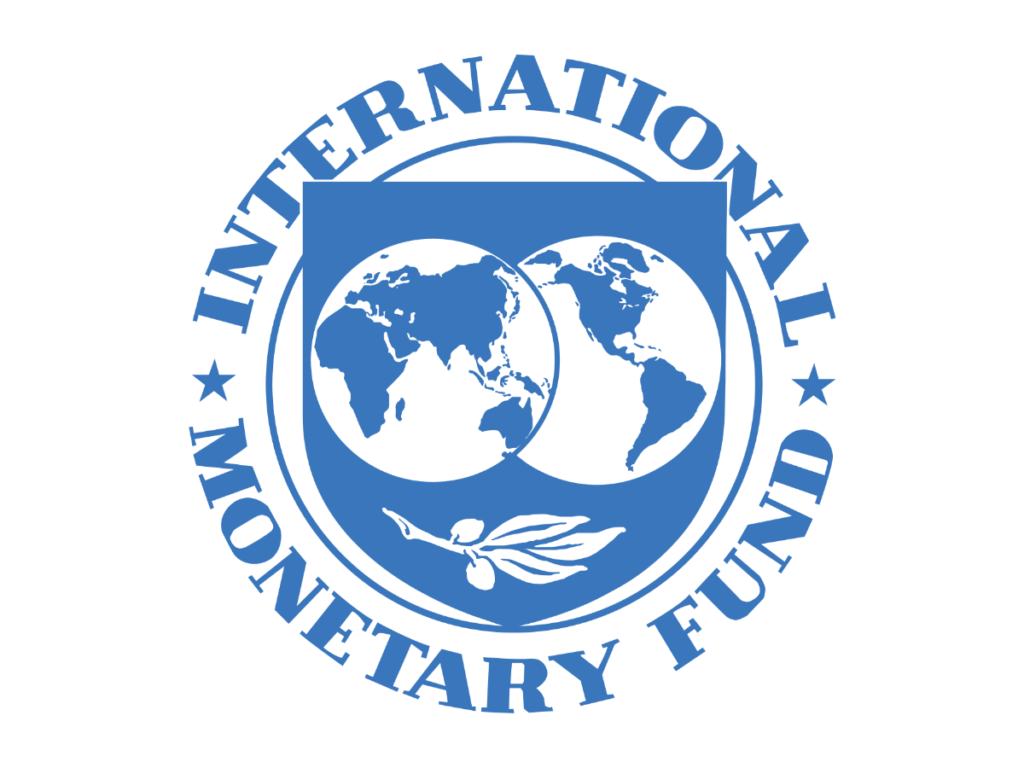The International Monetary Fund (IMF) is actively working on creating a global infrastructure that promotes interconnectivity and interoperability in payment settlements for central bank digital currencies (CBDCs).
A worldwide infrastructure for central bank digital currencies (CBDCs) that guarantees interconnectivity or interoperability in payment settlements is being developed by the International Monetary Fund (IMF). According to Reuters, the managing director of the financial institution, Kristalina Georgieva, said this today (Monday) in Rabat, Morocco, at an event for African central banks.
‘Settlement Blocks’ Being Broken
To prevent the establishment of “settlement blocks,” Georgieva recommended connecting the platforms supporting CBDCs. CBDCs are virtual currencies that can be used in place of bank-issued money. Many nations are becoming more interested in CBDCs as a result of the rising popularity of cryptocurrencies.
“CBDCs should not be fragmented national propositions,” Georgieva argued. “We need systems that connect nations; we need interoperability. This will lead to a more efficient and equitable transaction.”
Georgieva added that the IMF wants central banks throughout the world to settle on a standard regulatory framework for CBDCs. She pointed out that in the absence of a standard framework, cryptocurrencies will likely fill the void. A CBDC and a cryptocurrency are distinct entities since the former is governed by a central bank while the later is decentralized.
The IMF’s top executive says 10 of the 114 central banks examining CBDCs are focused on “crossing the finish line.” “Countries are underutilizing their capacity if they develop CBDCs only for domestic deployment,” she continued.
Financial Inclusion and CBDCs
Georgieva claims that CBDCs support financial inclusion and can lower the cost of international money transfers, which are currently 6% or more than $44 billion annually worldwide. She highlighted, nonetheless, that CBDCs should be supported by actual assets.
Tobia Adrian, Financial Counsellor and Director of the Monetary and Capital Markets Department at the IMF, continued, “Our vision for a new class of platforms will strengthen and assure higher interoperability, efficiency, and safety in cross-border payments, as well as in domestic financial markets.
“CBDCs offer safety as well as money,” Adrian continued. CBDCs serve as infrastructure, bringing efficiency and interoperability to private networks for digital assets and money. Finally in terms of security, the official added that nations might enforce anti-money laundering regulations and ban foreign currency transactions.












